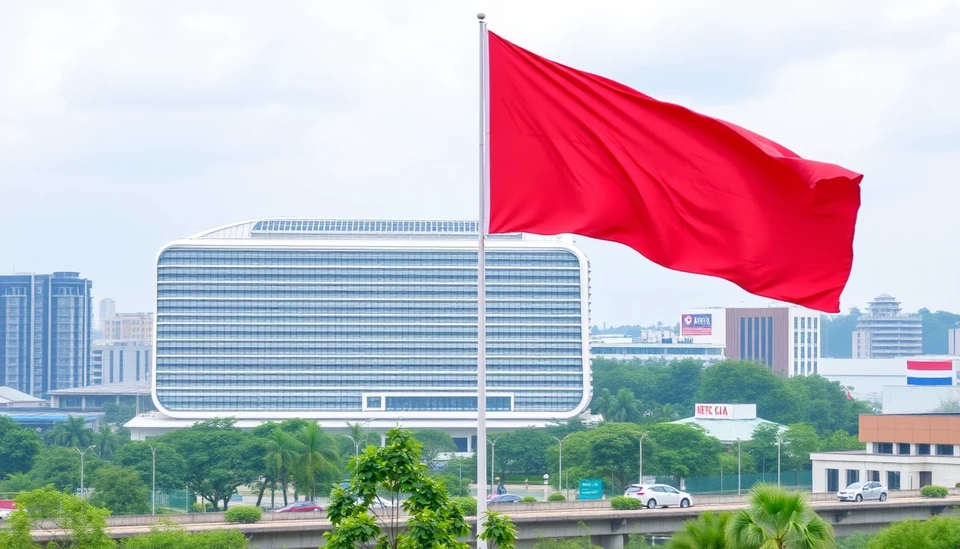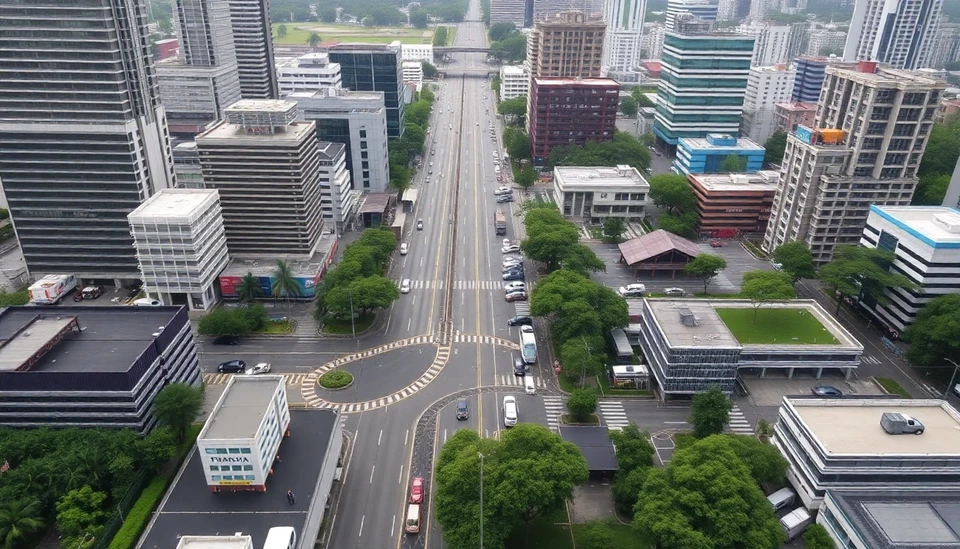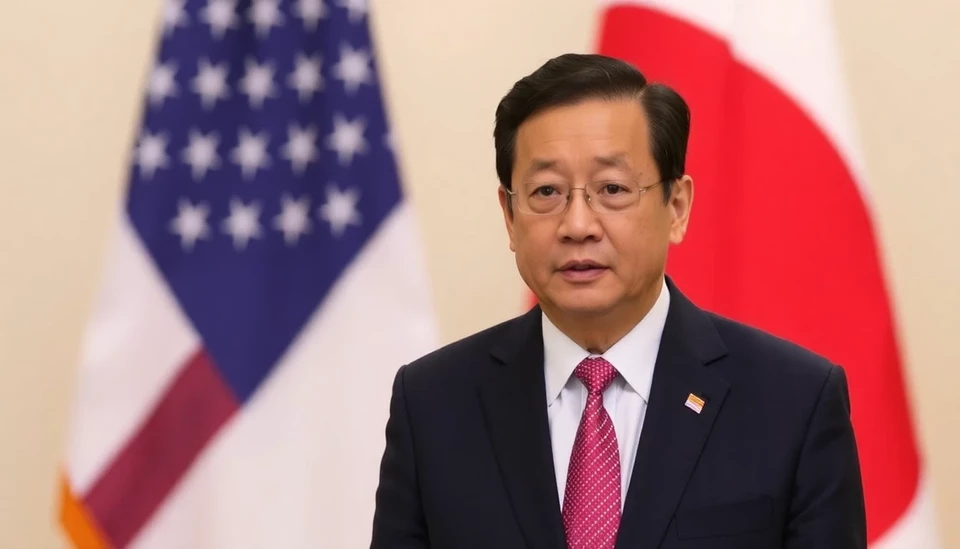
In a recent statement, a prominent business leader emphasized the critical need for substantial reforms in Indonesia to achieve an ambitious economic growth target of 8% GDP. The remarks come amid ongoing discussions surrounding Indonesia's economic strategy and its aspiration to elevate itself on the global stage.
The business chief, whose identity has not been disclosed, outlined several key areas in which reforms are necessary. A robust and competitive economic environment is essential, particularly in the context of rising global competition. The official underscored the importance of streamlining regulations, bolstering infrastructure, and enhancing the overall investment climate to attract foreign investors and promote domestic growth.
Indonesia, the largest economy in Southeast Asia, has set an audacious target to reach an 8% growth rate, aligning its ambitions with the development needs of its burgeoning population. However, analysts are skeptical about the feasibility of this goal without significant policy reform and strategic investments in crucial sectors.
One of the major challenges highlighted was the need for improved infrastructure, which has been a bottleneck for growth. Better roads, ports, and energy supply are pivotal for business operations and trade efficiency. Moreover, the bureaucracy surrounding business permits and investment has been cited as another area for improvement. Simplifying these processes can help foster a more conducive environment for entrepreneurs and international companies.
The push for reform is not just limited to infrastructure but extends to enhancing the education system and equipping the workforce with necessary skills. As technological advancements continue to reshape industries, a skilled labor force is crucial for Indonesia to remain competitive and innovate within various sectors.
In addition to these internal reforms, global economic conditions could also impact Indonesia's growth trajectory. As nations worldwide grapple with inflation and potential recessions, Indonesia must diversify its economy and reduce its dependence on commodities, which have historically been vulnerable to market fluctuations.
Looking ahead, the business community is calling for a united effort among governmental bodies, private sectors, and civil society to devise and implement a strategic plan that prioritizes sustainable growth. To reach the 8% GDP target, a shared vision coupled with concrete actions will be essential.
The conversation surrounding Indonesia's economic future will continue, and all eyes will be on how the nation navigates these challenges to meet its growth aspirations. With necessary reforms in place, Indonesia aims to position itself not only as a leading economy within Southeast Asia but also as a key player on the global stage.
#Indonesia #GDPgrowth #EconomicReform #BusinessNews #SoutheastAsia #Investment #Infrastructure #SkilledLabor #GlobalEconomy
Author: Laura Mitchell




